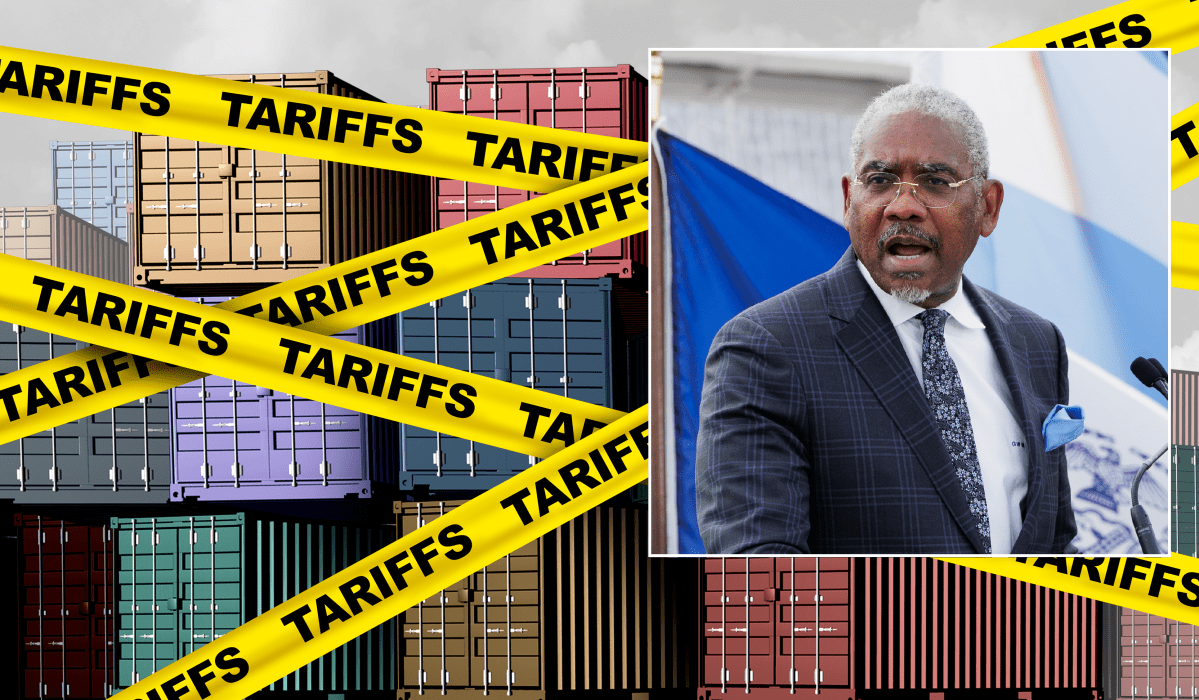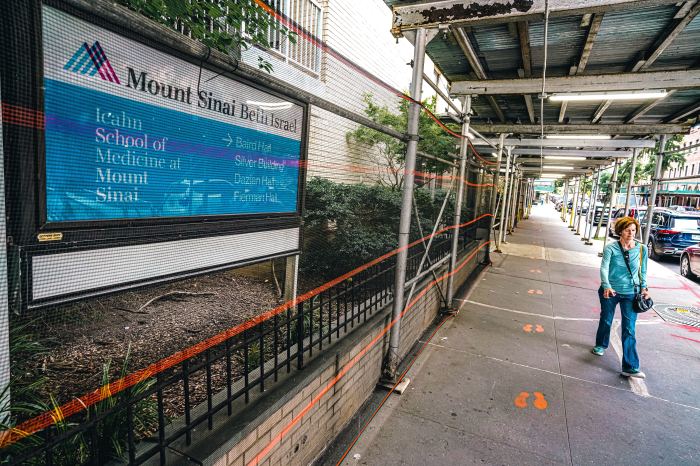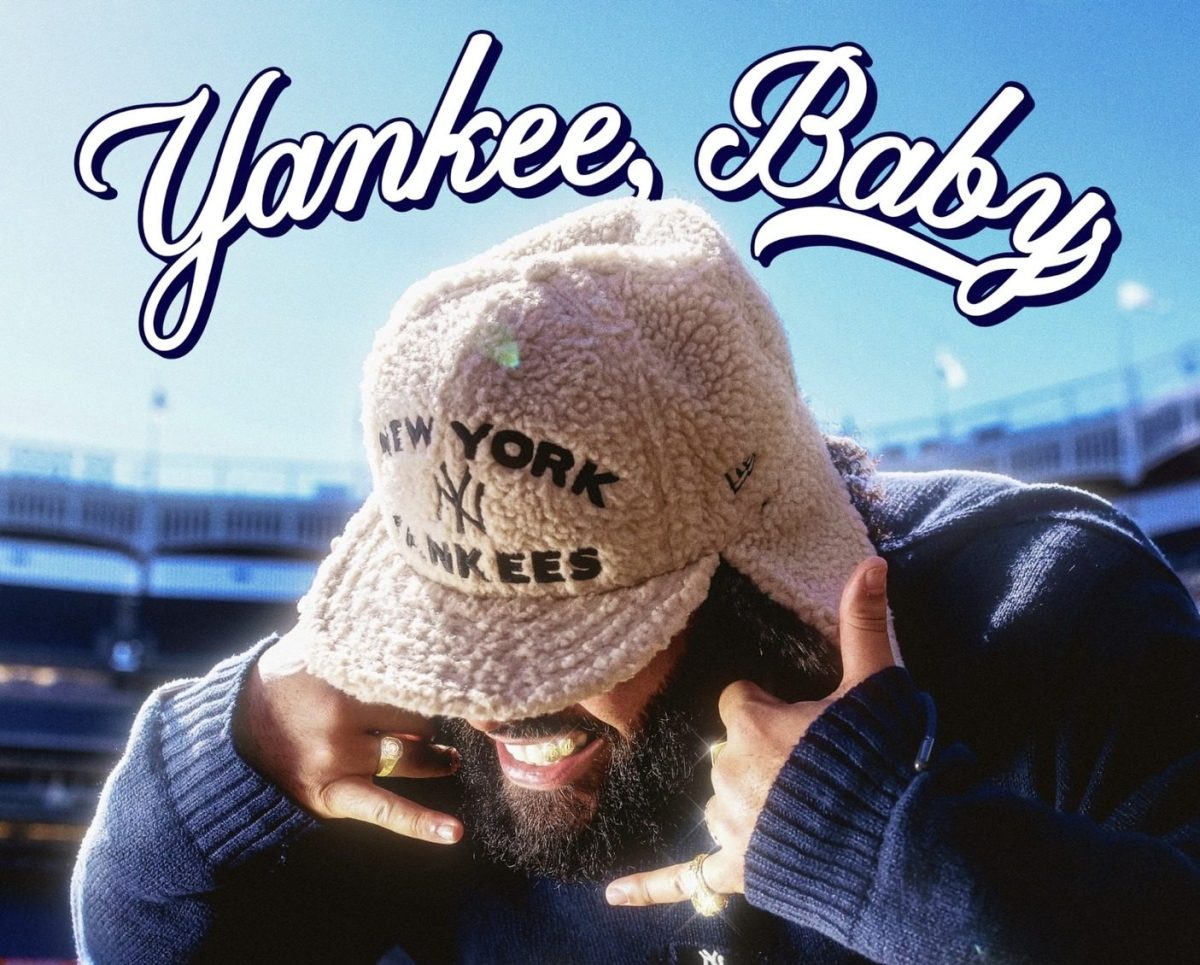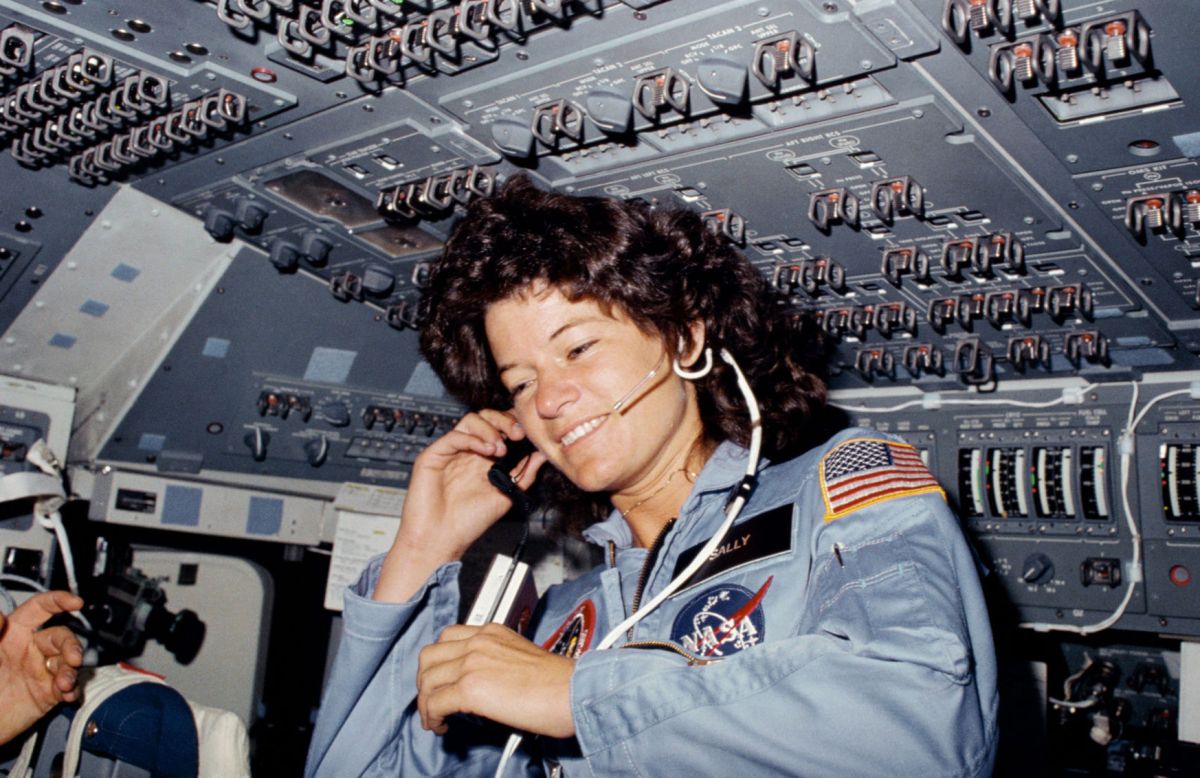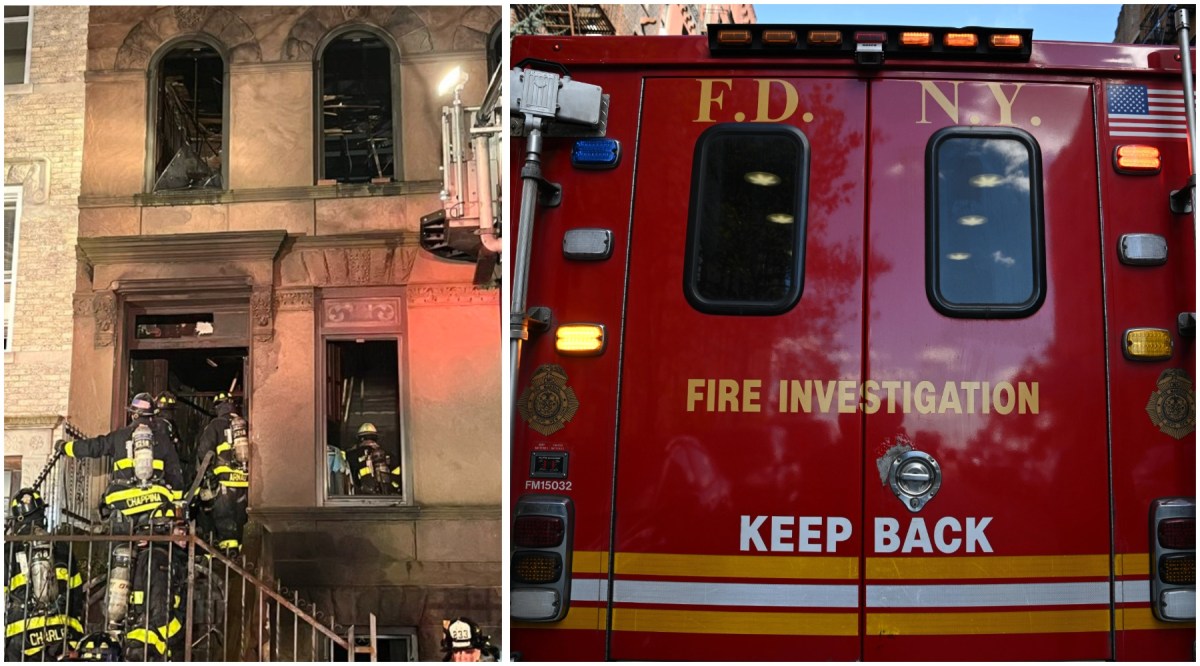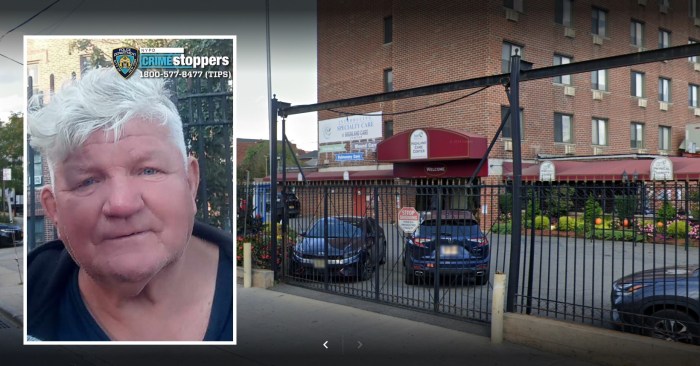From now until the end of January, uninsured New Yorkers can sign up for health insurance coverage during the Affordable Care Act’s open enrollment period.
But general confusion over enrollment — due in no small part to a lack of clarity over how plans will be subsidized — poses challenges for both those looking for coverage and health officials attempting to help them.
Almost 2.1 million New York City residents receive health insurance through the ACA, but there are still more than 600,000 who remain uninsured, according to the state Department of Health. All New Yorkers benefit from greater enrollment, Regina Schwartz, the director of the city Health Department’s Public Engagement Unit, said.
“We saw there were a lot of individuals who were using [city hospitals] who were not insured and that cost millions for taxpayers,” she said.
Schwartz said applicants are most hindered by a lack of guidance and information on the ACA enrollment process, but city, state and nonprofit groups’ plans — including grassroots and digital campaigns geared toward education — should help address that. Unlike the federal government, which has slashed funding for the ACA advertising budget from $100 million to just $10 million, the city will spend more money this year than last year on open enrollment ads, with a $1.9 million expenditure budget, up from $1.2 million.
Also, unlike the federal government’s health coverage website, which will reportedly be down for maintenance on Wednesdays and several Sundays during the federal open enrollment period, the New York health enrollment website will be fully operational during the state’s open window from Nov. 1 to Jan. 31.
For less-tech-savvy applicants, the city’s Get Covered NYC program, launched last year, provides live assistance to applicants who call 311, as well as schedules in-person consultations.
Schwartz said the city’s most important health insurance allies are community groups. The state and city health departments’ public engagement unit has worked with the Chinese American Planning Council, Flushing YMCA, Ibero and Centro Civico Hispano Americana and NAACP to assist low-income New Yorkers.
Carlyn Cowen, chief policy and public affairs officer for the Chinese American Planning Council, said information sessions are crucial because many of their members are afraid to sign up for ACA insurance because of distrust of the government over immigration issues.
“They’re looking for information, but they also want that trust,” she said. “Our organization has been working with our community over 60 years so there is a lot of established trust.”
Still, the Trump administration’s repeated attempts to repeal the law have left many worried.
“That’s been the primary fear: We’re coming in and enrolling, but the subsidies that we’re going to get for plans, are we really going to get them?” said Falguni Sen, director of Fordham’s Global Healthcare Innovation Management Center.
Sen said there is no guarantee the efforts will be enough to counter Washington rhetoric — especially if the president or Congress attempt to repeal the ACA law again, but the city has a proven track record on enrollment.
Between 2016 and 2017, an additional 386,052 New Yorkers signed up for health insurance through the ACA, according to the city.
“New York is in a better position in terms of allaying the fears,” Sen said.



